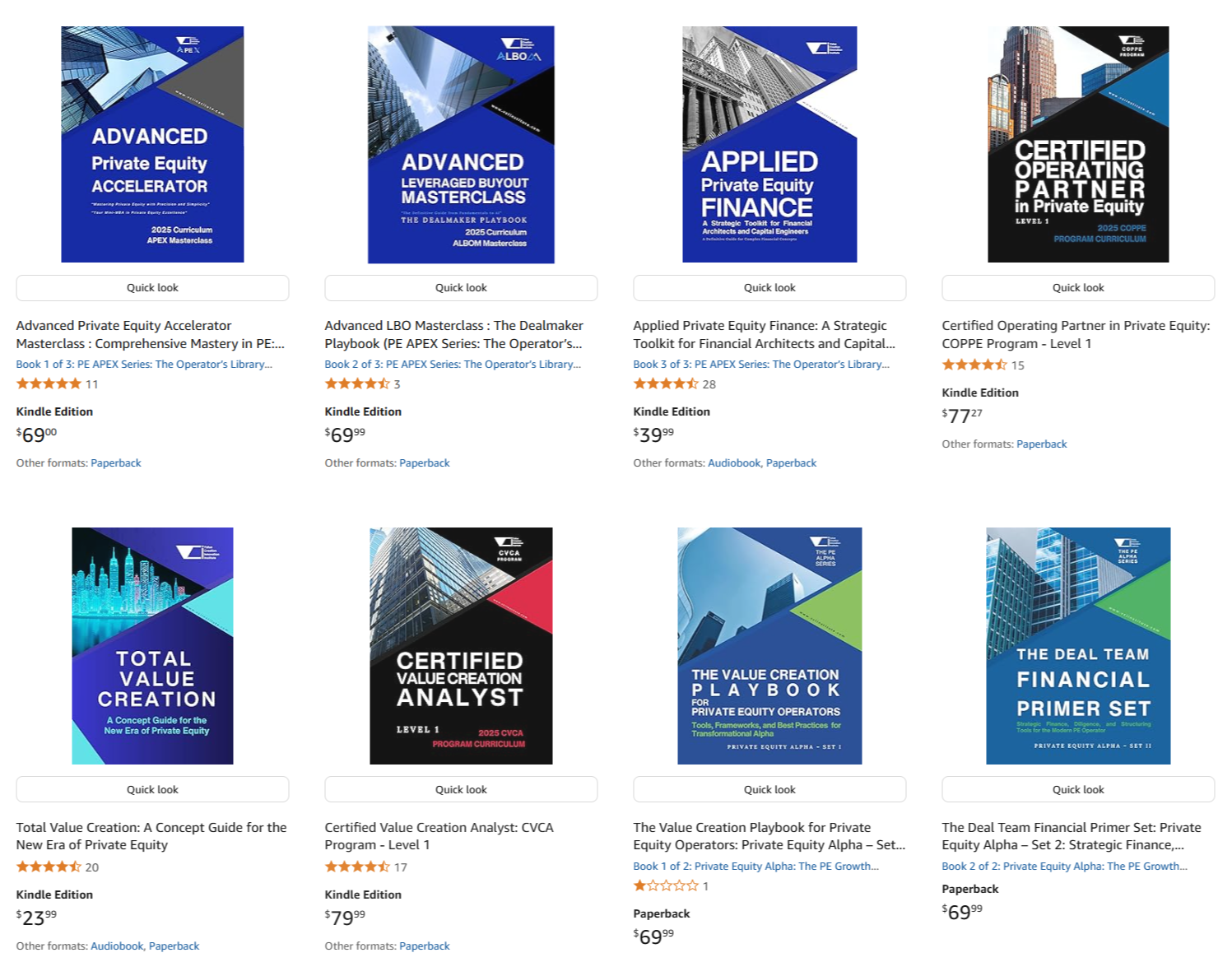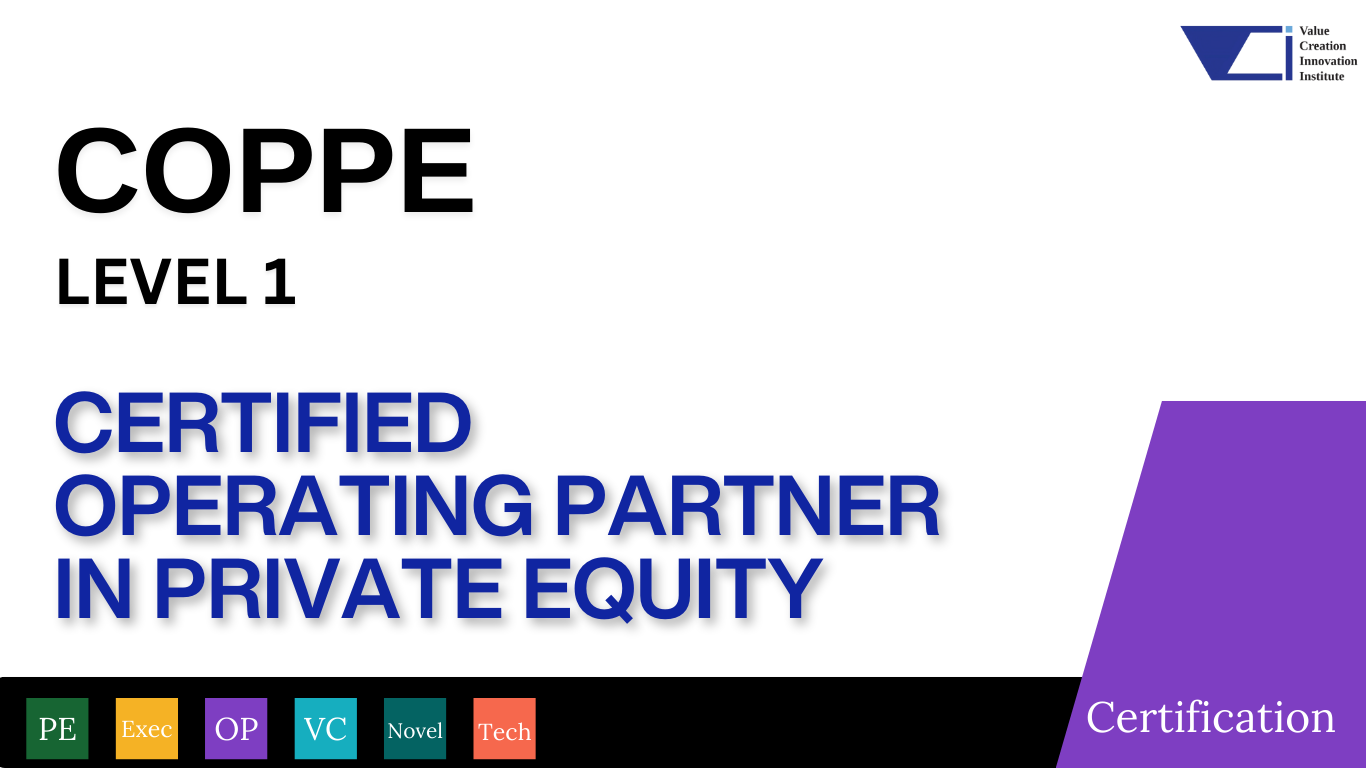The $29 Billion Question: How AI is Reshaping Private Credit
Jul 07, 2025
Meta’s record-breaking $29 billion private credit deal for AI data centers isn’t just another financing story. It’s a signal that the entire infrastructure of artificial intelligence is being rebuilt—and private equity firms need to pay attention.
Because while everyone’s talking about investing in AI companies, the real money might be in financing the infrastructure that makes AI possible.
1. The Deal That Changed Everything
Let’s start with the numbers that matter.
Meta is in advanced talks with Apollo, KKR, Brookfield, Carlyle, and PIMCO for what could become one of the largest private credit financings on record. The structure? $3 billion in equity, up to $26 billion in debt.
But here’s what makes this deal different from traditional corporate financing: it’s specifically earmarked for AI data center buildout. Not general corporate purposes. Not share buybacks. Infrastructure for artificial intelligence.
This isn’t Meta being creative with capital structure. This is Meta recognizing that traditional bank financing can’t handle the scale and speed of AI infrastructure deployment.
And if Meta—with its $1 trillion market cap and pristine credit rating—is turning to private credit for AI infrastructure, what does that tell us about where this market is heading?
2. Why Traditional Bank Financing Isn’t Enough for AI
The traditional banking system was built for predictable cash flows and standardized assets.
AI data centers are neither.
Consider the financing challenges:
- Scale: Individual AI data centers can cost $10+ billion
- Speed: Deployment timelines measured in months, not years
- Technology risk: Rapid obsolescence of hardware and infrastructure
- Power requirements: Massive electrical infrastructure needs
- Regulatory uncertainty: Evolving compliance and environmental standards
Banks excel at financing office buildings and manufacturing facilities. They struggle with assets that might be technologically obsolete before the loan matures.
Private credit firms, on the other hand, are built for exactly this kind of complexity. They can move faster, structure more creatively, and price risk more accurately than traditional lenders.
3. The Private Credit-AI Infrastructure Marriage
This isn’t just about Meta. It’s about a fundamental shift in how AI infrastructure gets funded.
Earlier this year, Blue Owl committed $15 billion to a data center joint venture with OpenAI. Apollo has been quietly building a portfolio of AI infrastructure assets. KKR’s infrastructure funds are increasingly focused on digital infrastructure.
The pattern is clear: private credit is becoming the financing engine for AI infrastructure.
Why? Because private credit firms understand something that traditional lenders don’t: AI infrastructure isn’t just real estate with servers. It’s a new asset class with its own risk-return profile.
The best private credit firms are developing specialized expertise in:
- Power infrastructure and grid connectivity
- Cooling and environmental systems
- Fiber optic and network infrastructure
- Regulatory compliance across jurisdictions
- Technology refresh and obsolescence planning
4. What This Means for Your Portfolio Company’s Next Funding Round
If you’re a PE firm with portfolio companies in the AI ecosystem, this trend has immediate implications.
First, your AI-adjacent companies suddenly have access to much larger pools of capital. The private credit market for AI infrastructure is expanding rapidly, and that capital is looking for deployment opportunities.
Second, the competitive landscape is changing. Companies that can access private credit for infrastructure buildout can scale faster than those relying on traditional financing or equity dilution.
Third, your value creation playbook needs updating. The old model of optimizing working capital and improving EBITDA margins isn’t enough when your portfolio company needs $500 million for data center infrastructure.
Consider LayerZero Power Systems, which Advent just acquired. LayerZero supplies critical power infrastructure for data centers. In the old world, this would be a steady, low-growth industrial business. In the AI world, it’s a critical enabler of the most important technology transformation of our time.
5. The Playbook: How to Position for AI Infrastructure Deals
So how do you position your firm to benefit from this trend?
Start with the picks and shovels approach. Don’t just look at AI software companies. Look at the infrastructure that makes AI possible:
- Power management and distribution systems
- Cooling and environmental control
- Network and connectivity infrastructure
- Security and access control systems
- Maintenance and monitoring services
Develop private credit relationships early. The firms writing $26 billion checks for Meta today will be writing smaller checks for your portfolio companies tomorrow. Build those relationships before you need them.
Think beyond traditional infrastructure. AI infrastructure includes everything from specialized real estate to custom chip manufacturing. The definition is expanding rapidly.
Consider the geographic angle. AI infrastructure needs are global, but regulatory and power grid constraints vary by region. There are opportunities in markets that traditional infrastructure investors might overlook.
Plan for obsolescence. Unlike traditional infrastructure, AI infrastructure has a shorter useful life. Build that into your investment thesis and exit planning.
The Bottom Line
Meta’s $29 billion private credit deal isn’t just about Meta. It’s about the emergence of AI infrastructure as a distinct asset class with its own financing ecosystem.
For private equity firms, this creates opportunities at multiple levels: direct infrastructure investments, AI-adjacent portfolio companies, and new relationships with private credit providers.
The firms that recognize this shift early—and position themselves accordingly—will have a significant advantage in the AI-driven economy.
The firms that don’t? They’ll be watching from the sidelines as others capture the value from the most important infrastructure buildout of our generation.
What trends are you seeing in AI infrastructure financing? How is your firm positioning for this shift? Share your thoughts with the VCII community.
We have many great affordable courses waiting for you!
Stay connected with news and updates!
Join our mailing list to receive the latest news and updates from our team.
Don't worry, your information will not be shared.
We hate SPAM. We will never sell your information, for any reason.



